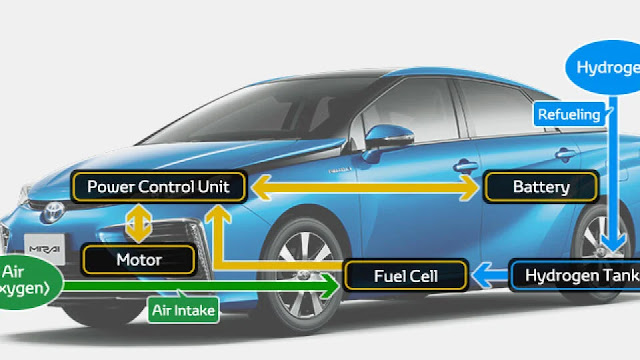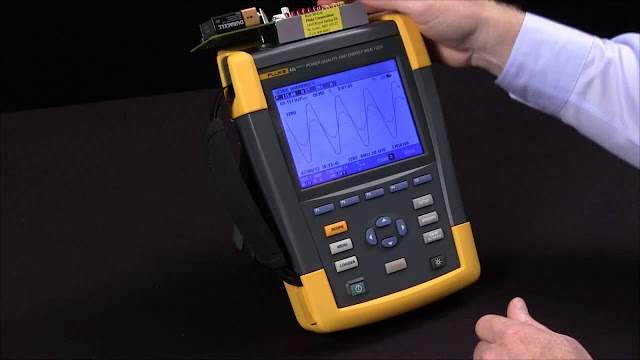Hydrogen Fuel Cell Vehicle Market is Estimated To Witness High Growth Owing To Trends of Rapid Technological Advancements
Hydrogen Fuel Cell Vehicle Market
The Hydrogen Fuel Cell Vehicle Market is estimated to be valued at US$ 1.46 billion in 2022 and is expected to exhibit a CAGR of 54.3% over the forecast period 2023-2030, as highlighted in a new report published by Coherent Market Insights.
Market Overview:
Hydrogen fuel cell vehicles work on the principle of hydrogen-based fuel cells instead of traditional internal combustion engines. Fuel cells act as a replacement for conventional batteries and provide longer range on a single charge. Hydrogen fuel cell vehicles offer zero emissions making them more environment friendly. Their refueling time is also much faster compared to recharging electric vehicles.
Market key trends:
Rapid technological advancements in fuel cells is a major trend boosting the hydrogen fuel cell vehicle market growth. Major automakers are investing heavily in R&D to develop more efficient and durable fuel cell systems for vehicles. This is improving the driving range, performance, and reducing the production costs of fuel cell electric vehicles. The development of hydrogen refueling infrastructure is also gaining momentum worldwide which is improving the adoption of these vehicles. Declining fuel cell costs and growing concerns about environmental pollution will further accelerate the demand for hydrogen fuel cell vehicles during the forecast period.
Porter’s Analysis
Threat of new entrants: The threat of new entrants is moderate as the market requires high capital investment in technological innovations. However, several startups are entering the market with disruptive technology.
Bargaining power of buyers: The bargaining power of buyers is high as there are many manufacturers offering hydrogen fuel cell vehicles. Buyers can negotiate on price and specifications.
Bargaining power of suppliers: The bargaining power of suppliers of fuel cell components like catalysts, fuel cells, stacks and balance of plant parts depends upon their innovation capabilities and few partnerships.
Threat of new substitutes: The threat from new substitutes like battery electric vehicles is high as their charging infrastructure is rapidly increasing.
Competitive rivalry: Intense as key manufacturers are investing heavily in fuel cell technologies and expanding production facilities.
SWOT Analysis
Strength: Efficiency, zero direct emissions and long driving range of around 500 km on a single charge. Rising government support worldwide in form of incentives and subsidies.
Weakness: High cost of fuel cell systems, lack of hydrogen refueling infrastructure in most regions. Dependence on precious metals like platinum as catalyst increases cost.
Opportunity: Growing demand for emission-free mobility, especially in commercial vehicles. Focus of OEMs on the technology to gain early mover advantage.
Threats: Dominance of battery electric vehicles owing to low costs and improving driving ranges. Uncertainty over hydrogen production from renewable energy sources.
Key Takeaways
The global Hydrogen Fuel Cell Vehicle Market is expected to witness high growth, exhibiting CAGR of 54.3% over the forecast period, due to increasing government support policies and investments in hydrogen infrastructure development worldwide. Countries like Japan, South Korea, Germany are at forefront of this transition and have proactive measures to drive the mass adoption of these vehicles.
Regional analysis - Asia Pacific dominates the global market and is expected to maintain its lead during the forecast period attributed to robust government support programs especially in China and Japan. Both countries are projected to cumulatively account for over 70% of the overall hydrogen fuel cell vehicle sales by 2030. North America and Europe are also emerging as high potential markets
Key players operating in the Hydrogen Fuel Cell Vehicle market are Audi AG, Ballard Power Systems Inc., BMW Group, Daimler AG, General Motors Company, Honda Motor Co., Ltd., and Hyundai Motor Group. Key players are focused on strategic collaborations with energy companies and auto parts suppliers to commercialize the technology at scale and lower the costs. They are also expanding production capacity to cater to the steadily increasing demand.




Comments
Post a Comment